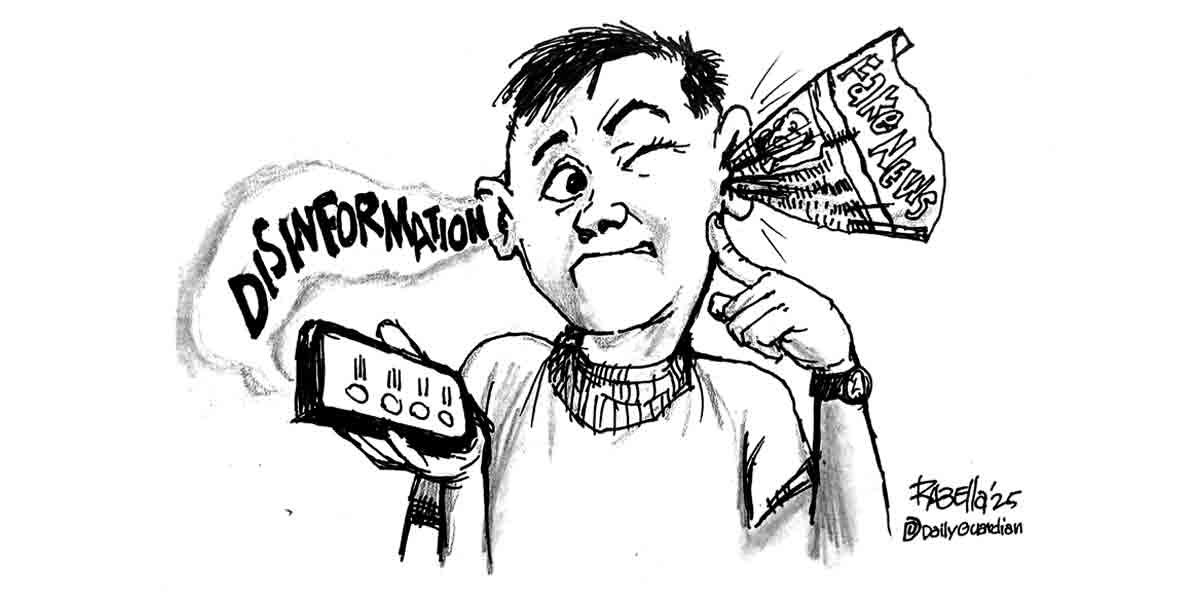 By: Alex P. Vidal
By: Alex P. Vidal
“In law a man is guilty when he violates the rights of others. In ethics he is guilty if he only thinks of doing so.” – Immanuel Kant
ILONGGOS have the right to protect themselves from law enforcers who apparently aren’t afraid to kill in the name of an “all-out campaign against illegal drugs”.
The Bill of Rights is the Bill of Life.
In case Bacolod City Police Office (BCPO) deputy chief Jovie Espenido will literally implement the illegal and immoral order from the President to “kill anybody”, we must remind the Philippine National Police (PNP) the following:
- No suspected criminal should die from lawmen;
- A person accused of having committed a certain crime must be given his day in court;
- Life should be preserved.
- The State should ensure that he will undergo a fair trial, a litigation that will not last in eternity; a justice delayed is a justice denied.
Extra-Judicial Killings (EJK), therefore, have no place in a civilized society.
In the Philippine Constitution, the Bill of Rights under Article III establishes our relationship to the State and defines our rights by limiting the lawful powers of the State.
This is one of our most important political achievements.
The concept of the Bill of Rights is essentially an occidental product; there has grown the conviction that our rights must be preserved and safeguarded, not through the authority of an individual, not through membership in a particular group or party, not through reliance upon force of arms, but rather through the accepted process of declared constitutional law.
-o0o-
Partners in crimes nabbed separately are mostly forced to rat against each other. This is a fundamental police technique in custodial investigation.
Self-interest can be consistent with acting cooperatively.
This can be proven in David Gauthier’s version of the Prisoner’s Dilemma.
According to the story of the Prisoner’s Dilemma, two people have been brought in for questioning, conducted separately, about a crime they are suspected to have committed.
The police have solid evidence of a lesser crime that they committed, but need confessions in order to convict them on more serious charges.
Each prisoner is told that if she cooperates with the police by informing on the other prisoner, then she will be rewarded by receiving a relatively light sentence of one year in prison, whereas her cohort will go to prison for ten years.
If they both remain silent, then there will be no such rewards, and they can each expect to receive moderate sentences of two years.
-o0o-
And if they both cooperate with police by informing on each other, then the police will have enough to send each to prison for five years.
The dilemma then is this: in order to serve her own interests as well as possible, each prisoner reasons that no matter what the other does she is better off cooperating with the police by confessing.
Each reasons: “If she confesses, then I should confess, thereby being sentenced to five years instead of ten. And if she does not confess, then I should confess, thereby being sentenced to one year instead of two. So, no matter what she does, I should confess.” The problem is that when each reason this way, they each confess, and each goes to prison for five years.
However, had they each remained silent, thereby cooperating with each other rather than with the police, they would have spent only two years in prison.
(The author, who is now based in New York City, used to be the editor of two local dailies in Iloilo)























